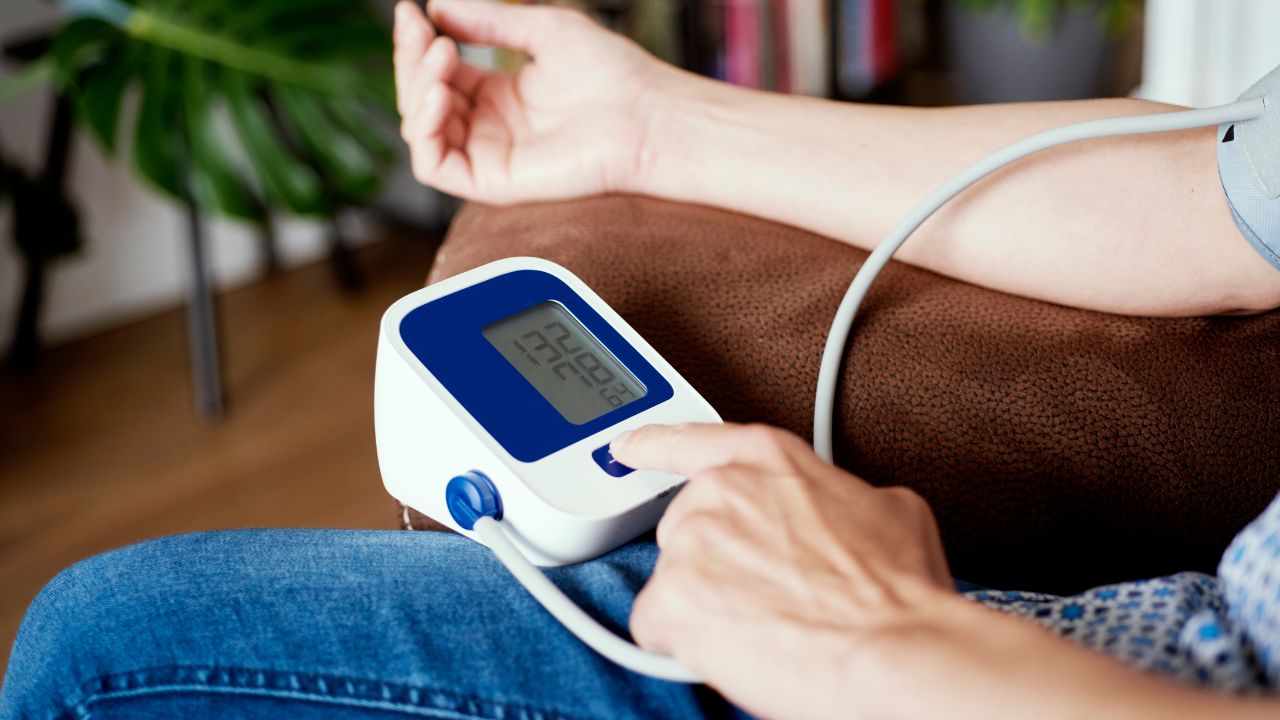Artificial intelligence (AI) and virtual assistants are altering worldwide healthcare systems and are being incorporated across the industry in many exciting ways. One area seeing incredible evolution is the utilization of voice assistants and chatbots. These tools can help elevate patient care, engagement, and experience. That explains why the global healthcare chatbots market is projected to reach USD$ 943 million by 2030. But how exactly are these virtual helpers enhancing outcomes for both patients and providers?
Through the opportunities given by these technologies, they can transform patient care and the healthcare system in ways many people never thought are possible, including:
Automating administrative tasks
One leading benefit of a virtual healthcare assistant is that they can shoulder time-consuming administrative tasks. Instead of your doctor or nurse getting stuck with handling records and other papers, they can better dedicate their time to working personally with you and other patients.
It’s a lot easier for physicians and the rest of the healthcare staff to deliver their undivided attention during patient visits without getting distracted by clerical duties with the AI assistants by their side. Nurses will also be able to check in on more rooms without getting pulled away by paperwork. Even front office staff can engage with patients more rather than getting buried under mountains of insurance claims.
If you think about it, it’s a win-win scenario! The healthcare staff’s workload is somehow lighter, and, in turn, patients can receive faster and more efficient services from doctors and nurses.
Also Read: Ways to Integrate Holistic Practices into Modern Healthcare
Enhancing patient engagement
Virtual healthcare assistants are also being used to keep patients more actively involved in managing their own health. AI chatbots and voice assistants can provide personalized education, reminders, and support that empower patients to take control.

Here’s a quick example: a conversational app can record blood pressure readings, send medication alerts, and monitor a patient’s overall well-being. Users can gather quick answers to inquiries about their treatment plans or easily share updates with their care team. If ever your blood pressure is abnormally high or too low, you can raise your health-related questions to the app and quickly forward your findings to your healthcare staff. Moreover, a study shows that 65% of patients prefer the use of virtual healthcare assistants because they massively encourage medical adherence.
To safely say, people feel much more assured and less worried when they have an AI-powered partner to help keep track of their state and care regimen.
Augmenting care delivery
Virtual healthcare assistants aren’t just helping patients behind the scenes – they’re also starting to directly assist doctors and nurses with delivering care. For instance, some AI chatbots can collect patients’ medical history and symptoms before an appointment. This allows the care team to skip routine questioning and start addressing concerns right away.
Other cutting-edge apps can transcribe patient encounters to automatically generate clinical notes. Instead of pausing to write notes during exams, caregivers can entirely focus on the patient while the virtual assistant deals with the documentation.
Soon, when the technology improves, virtual healthcare assistants could take on even more clinical commitments, such as making treatment recommendations based on test results or monitoring patients digitally between visits.
Also Read: Telemedicine: Bridging Gaps in Healthcare Access Through Technology
Providing mental health support
Besides physical health assistance, virtual assistants are being leveraged to provide mental and emotional support.
Mental health chatbots utilize natural language processing to gather symptoms, examine emotions, and have meaningful and significant dialogues. For many who are reluctant to seek in-person counseling, talking to a judgment-free bot feels more comfortable. Virtual healthcare assistants are also available 24/7, which can benefit anyone who needs a listening ear at the moment when it’s needed most. Patients can feel empowered to take control of their mental health with just their smartphone.
While they’re not exactly a replacement for psychiatrists and therapists, mental health chatbots can still have life-changing impacts.
Enabling remote monitoring and preventive care
Virtual healthcare assistants are also expanding the possibilities for remote patient monitoring and preventive care. With the user’s permission, AI chatbots can passively keep tabs on daily habits and health data between doctor’s appointments.

Here’s an example: chronic care management bots may track pain levels, medication adherence, exercise, diet, and other factors affecting ongoing conditions. If ever the bot catches sudden or alarming changes that need prompt intervention, it can automatically alert and notify the care team. This means that before the patient’s condition worsens, the care team will be able to do the necessary treatments or checkups on time!
And here’s more – preventive health assistants help users proactively lower risks. These bots deliver personalized tips for things like quitting smoking, losing weight, and reducing stress. Some provide daily check-ins and nudges that improve motivation over time. In 2022 research, 67.38% of the chatbot responses were accurate and relevant to the patient’s personalized request. Over time, as more data training is performed, the virtual assistant’s knowledge base can further be improved and increase its effectiveness in helping patients live a healthy lifestyle.
Key takeaway
The age of AI healthcare assistants is here, and it’s looking pretty bright! From automatically handling tedious admin work to providing mental health support, they’re transforming how patients and providers interact. Although chatbots and voice assistants aren’t designed to completely replace human skills and relationships, they can positively enhance them. Virtual assistants lift the burdens of busy work, freeing up space for what matters most – listening to and caring for one another.

Hi, I’m the Founder and Developer of Paramedics World, a blog truly devoted to Paramedics. I am a Medical Lab Tech, a Web Developer and Bibliophiliac. My greatest hobby is to teach and motivate other peoples to do whatever they wanna do in life.